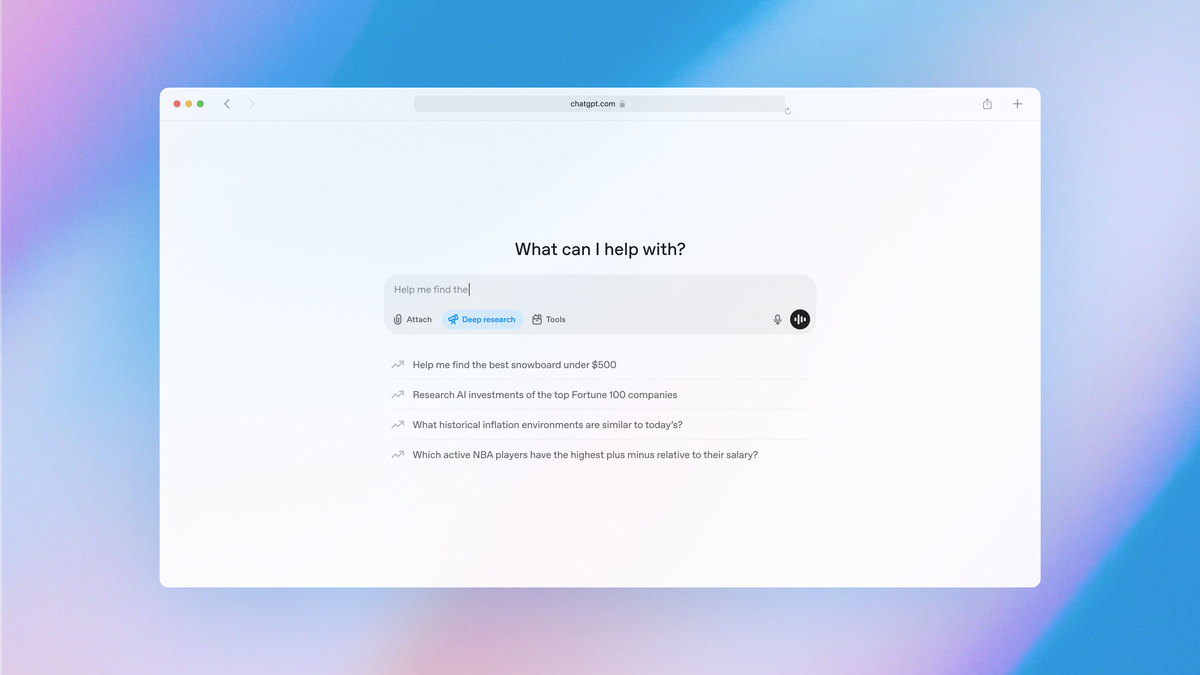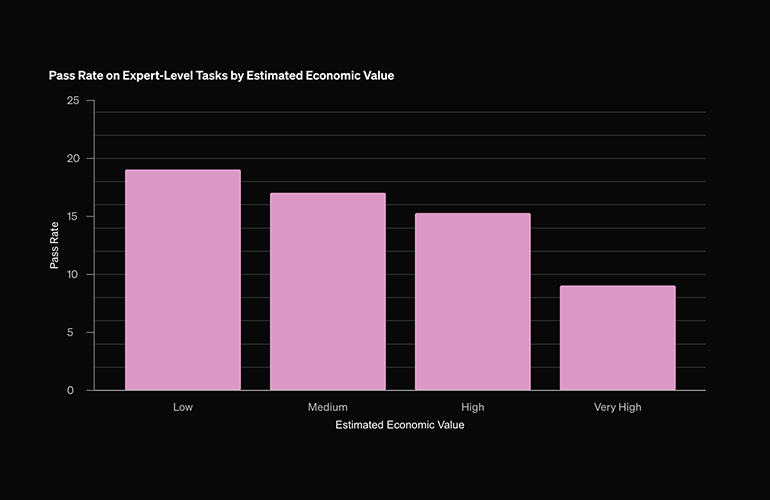ChatGPT's deep research might be the first good agent
OpenAI recently introduced a new research tool called OpenAI’s deep research. This new tool is the second AI agent the company has released in the past two weeks, following Operator. While Operator faced challenges in basic tasks, deep research showcases impressive competence, highlighting the potential to expedite research, analysis, argumentation, and various knowledge work processes.
Speed and Quality of Analysis
Deep research is currently exclusive to subscribers of ChatGPT's $200-a-month Pro tier, limiting users to 100 queries per month due to the high computational costs involved. This tool is accessible on the web, allowing users to input queries in the ChatGPT chat box and utilize the "deep research" feature for in-depth analysis. Users receive follow-up questions from ChatGPT to refine their queries, enhancing the precision of the results.

Upon testing the tool, I requested a report on how publishers can leverage the Fediverse, a decentralized social network protocol. After answering clarifying questions from ChatGPT, I received a detailed 4,955-word report outlining various perspectives and strategies for publishers to benefit from the Fediverse.
Comparison with Google's Deep Research
Prior to using OpenAI's deep research, I experimented with Google's identically named product, which employs the Gemini 1.5 Pro model. The comparison revealed that while Google's report was informative, it lacked the depth and thorough analysis provided by ChatGPT's deep research. OpenAI's tool delved into intricate details and explored nuanced trade-offs, surpassing Google's offering in terms of quality and breadth.

Potential and Limitations
Despite its capabilities, OpenAI's deep research, like any AI product, is not flawless and may make errors. When tested with real-time, paywalled news content, the tool exhibited some struggles, emphasizing the need for continuous improvement in AI technology.

In conclusion, OpenAI's deep research presents a promising tool for researchers, journalists, academics, and professionals in various fields. While consultants may still provide superior reports, the accessibility and speed of deep research offer valuable support in data analysis and research tasks.










